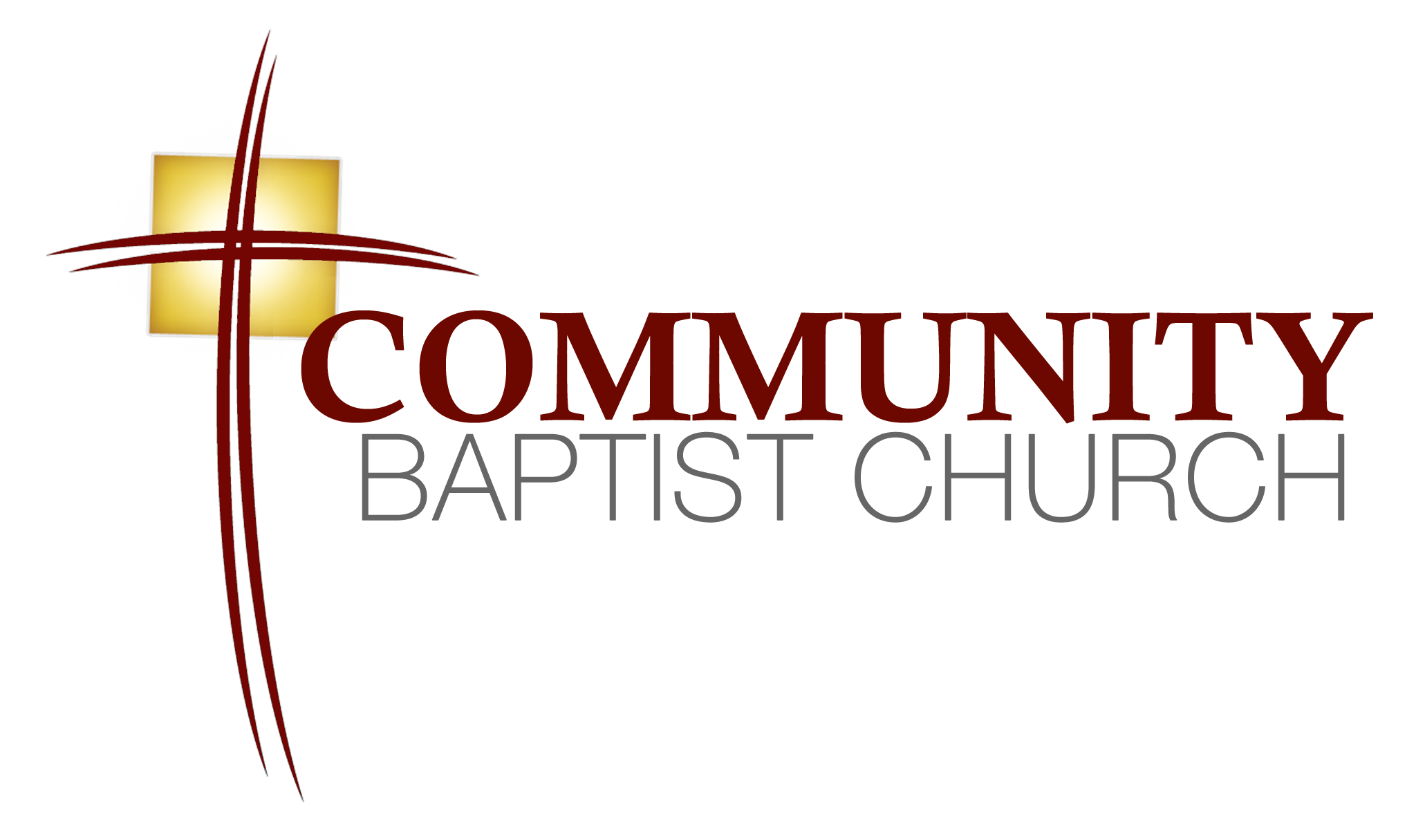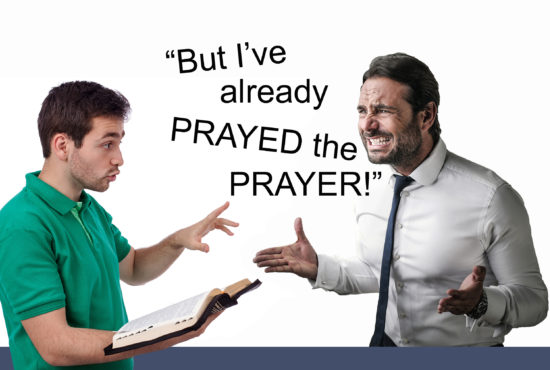The Baptist Rosary
Does saying a prayer produce salvation? If I say, “Lord, I know I am a sinner and I believe you died for my sins, and I want you to save me,” does that save me? I realize that I am treading upon ground that can be very volatile and, yet, this is an issue that…




